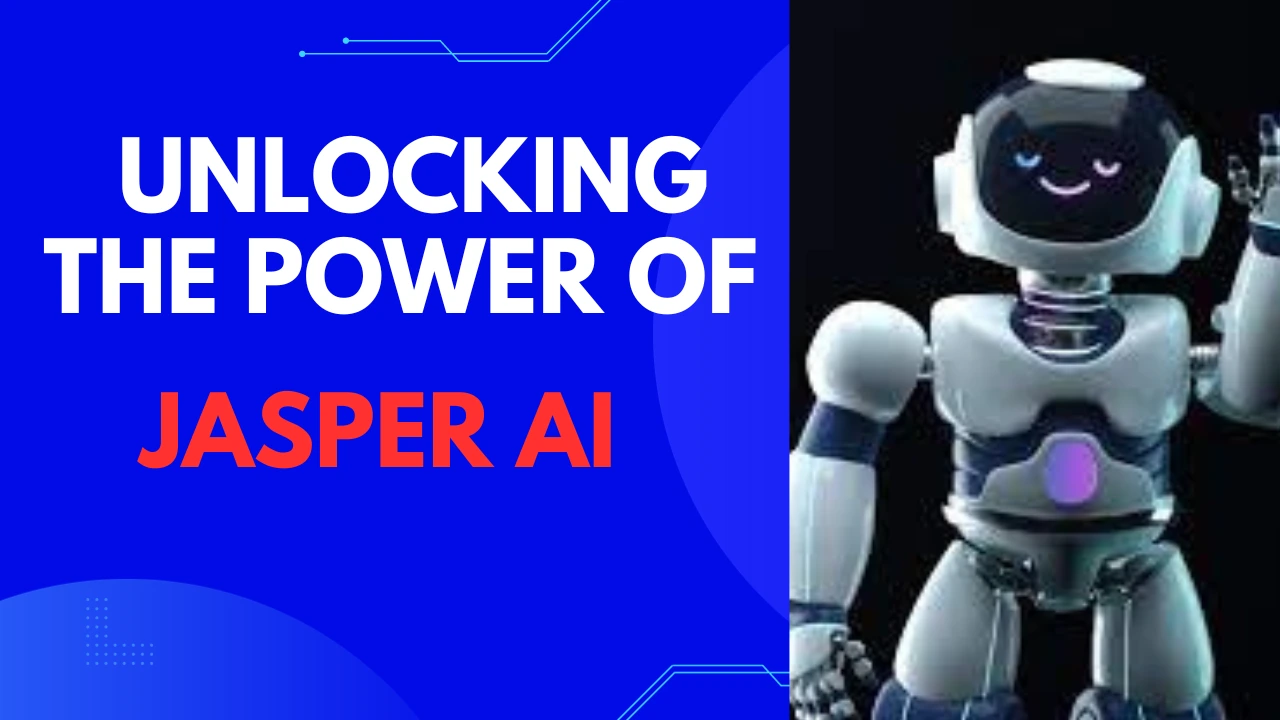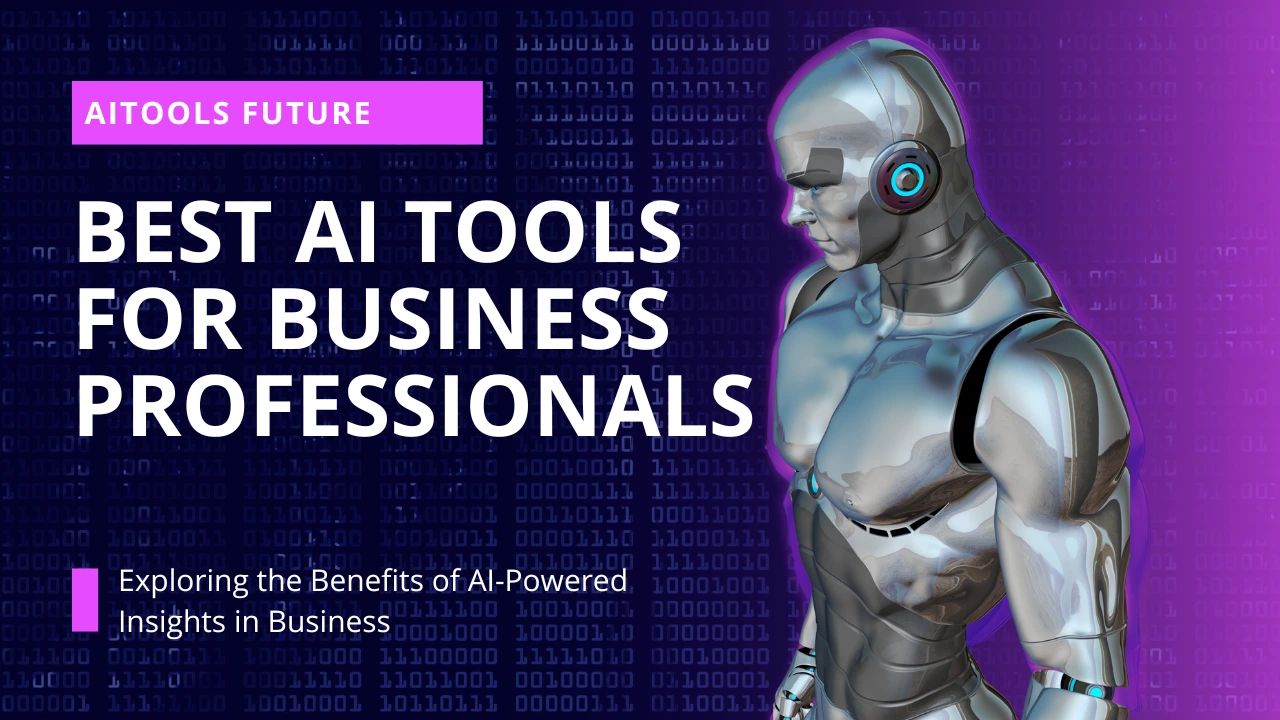In today’s digital age, cybersecurity is more important than ever. Businesses of all sizes are at risk of cyberattacks, which can cause significant financial damage, reputational harm, and data loss. Artificial intelligence (AI) is a powerful tool that can be used to protect businesses from cyberattacks. This article explores the critical role that AI-powered cybersecurity tools play in fortifying cybersecurity measures, safeguarding businesses from cyberattacks, and ensuring data integrity.
The Growing Cybersecurity Challenge
As businesses and individuals rely more on technology, the attack surface for cybercriminals widens. Cyberattacks come in various forms, including malware, ransomware, phishing, and data breaches. These threats can lead to financial losses, reputation damage, data loss, and legal consequences.
AI-Powered Cybersecurity: A Game Changer
AI has emerged as a potent ally in the battle against cyber threats. Its ability to analyze vast amounts of data, detect patterns, and make split-second decisions makes it a crucial component of modern cybersecurity strategies. Here’s how AI tools are revolutionizing cybersecurity:
Threat Detection and Prevention
AI can be used to analyze large amounts of data to identify malicious activity. AI-powered cybersecurity tools can detect and prevent threats in real time. They analyze network traffic, system logs, and user behavior to identify anomalies that may indicate a cyberattack. By recognizing patterns that humans might miss, AI tools can stop attacks before they cause harm.
Behavioral Analysis
AI tools use behavioral analysis to understand normal user behavior within a network or system. When deviations occur, such as unusual data access or login attempts, AI algorithms raise red flags. This proactive approach can thwart insider threats and zero-day attacks.
Predictive Analysis
AI can predict future cyber threats based on historical data and emerging trends. This predictive analysis allows organizations to take preventive measures and fortify their defenses before an attack occurs.
Automated Incident Response
AI-driven incident response systems can react to threats in real time without human intervention. They can isolate compromised systems, shut down malicious processes, and even patch vulnerabilities automatically.
Real-World Applications
Here are some examples of AI-powered cybersecurity tools :
Darktrace: Autonomous Response
Darktrace is an AI-powered cybersecurity company that provides a suite of products for threat detection, incident response, and vulnerability management. Darktrace’s products use machine learning to analyze network traffic, email, and social media posts. Darktrace can also be used to automate incident response tasks and provide recommendations for remediation.
Cylance: Predictive Threat Analysis
Cylance uses AI to predict and prevent threats by analyzing file attributes and behavior. It can identify malicious files and scripts, protecting endpoints from malware.
FireEye: Behavioral Analysis
FireEye’s Helix platform combines AI and behavioral analysis to detect and respond to advanced threats. It provides real-time threat intelligence and automated incident response.
Deepwatch
Deepwatch is a cloud-based security platform that uses AI to detect and prevent cyberattacks. The platform uses machine learning to analyze network traffic, email, and social media posts. Deepwatch can also be used to automate incident response tasks.
McAfee MVISION Endpoint Security
McAfee MVISION Endpoint Security is an endpoint security suite that uses AI to detect and prevent malware, ransomware, and other threats. The suite uses machine learning to analyze files, memory, and network traffic. McAfee MVISION Endpoint Security can also be used to automate incident response tasks.
Benefits of using AI for cybersecurity
Improved threat detection: AI can analyze large amounts of data and identify patterns that humans might miss. This can help businesses detect threats sooner and prevent them from causing damage.
Faster incident response
AI can automate tasks such as data collection, analysis, and reporting. This can help businesses respond to attacks more quickly and effectively.
Reduced costs
AI can help businesses reduce the costs of cybersecurity by automating tasks and improving threat detection.
Improved security posture
AI can help businesses improve their overall security posture by identifying and prioritizing vulnerabilities.
The AI Cybersecurity Challenge
While AI is a potent weapon against cyber threats, it’s not without its challenges:
Adversarial Attacks
Cybercriminals are using AI to create more sophisticated attacks, such as AI-generated phishing emails. AI cybersecurity tools must stay ahead of these evolving threats.
Data Privacy
AI systems are trained on large amounts of data, which can raise privacy concerns. Businesses need to ensure that they are using AI in a way that complies with data privacy laws and regulations.
Skills Gap
The demand for AI cybersecurity experts is growing, but there is a shortage of skilled professionals in this field. Businesses need to invest in training and education.
Human oversight
AI systems are trained on large amounts of data, which can raise privacy concerns. Businesses need to ensure that they are using AI in a way that complies with data privacy laws and regulations.
Closing Remarks
AI tools have become indispensable in the realm of cybersecurity, providing proactive threat detection, predictive analysis, and automated incident response. As cyber threats continue to evolve, AI will play a pivotal role in safeguarding businesses and individuals from the ever-present dangers of the digital world.



